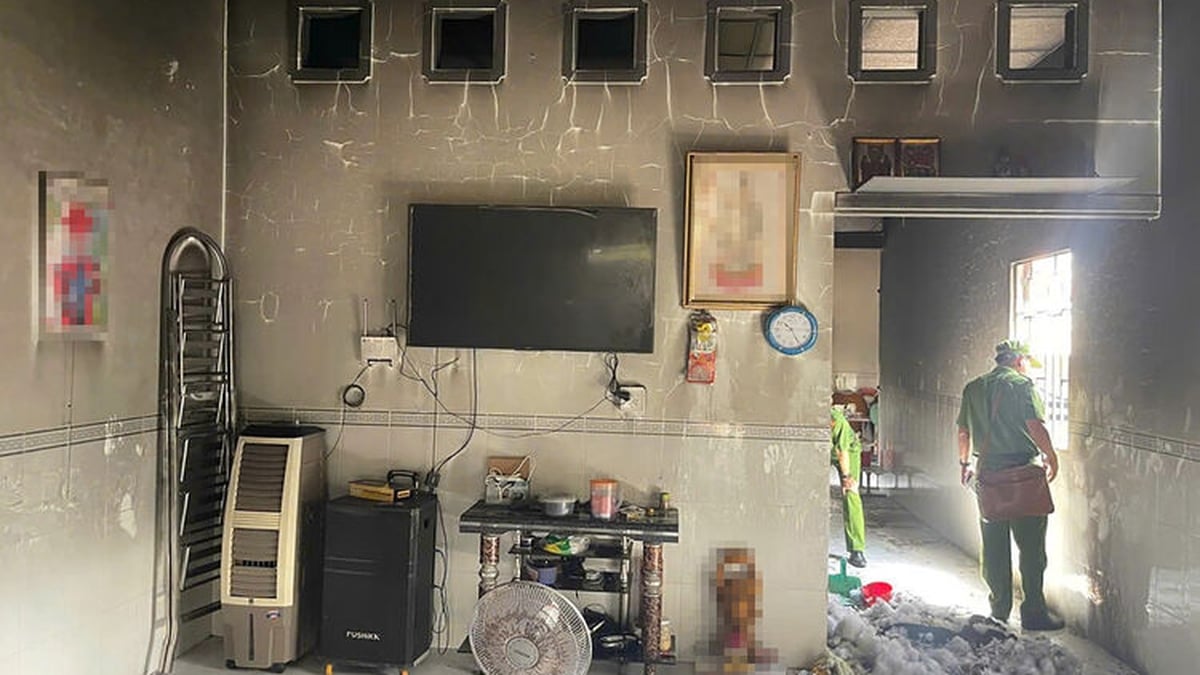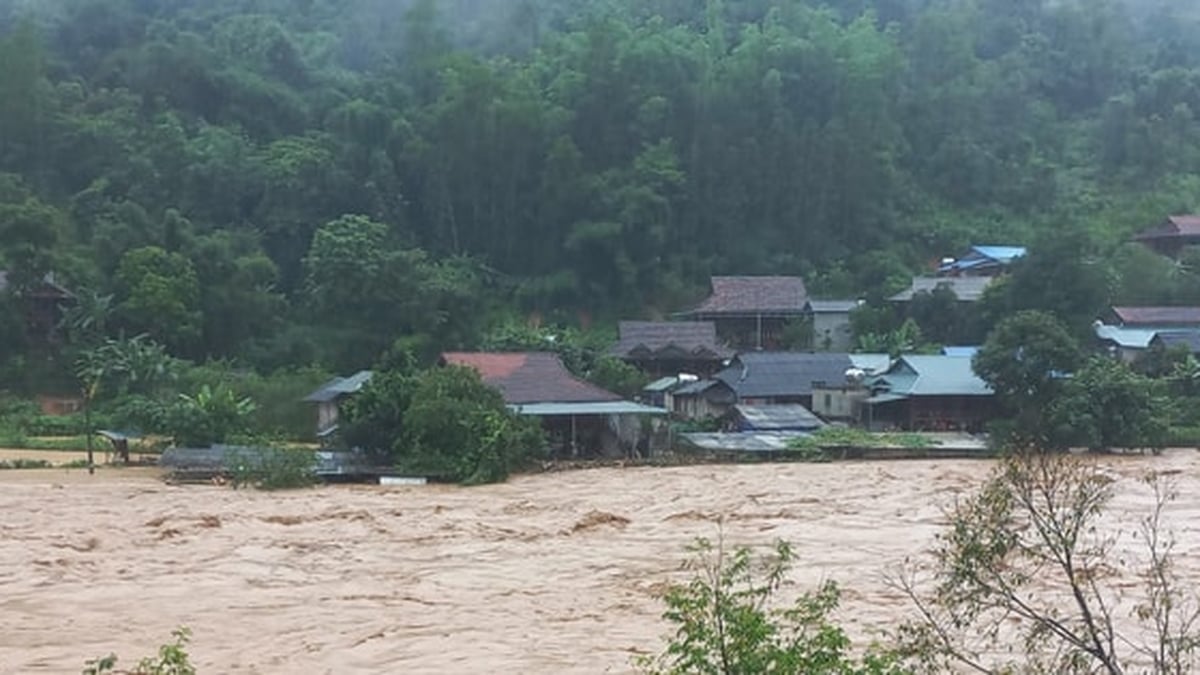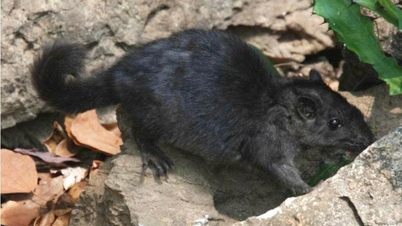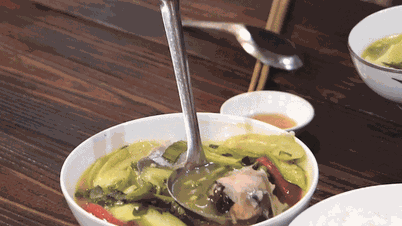Master - Doctor Le Ngo Minh Nhu, Ngu Quan Clinic, University of Medicine and Pharmacy Hospital, Ho Chi Minh City - Branch 3 said that when the weather changes seasons, suddenly changing from sunny to rainy, people who are sensitive to cold wind will increase the risk of peripheral facial nerve palsy, also known as Bell's palsy. This is a condition in which one side of the face is weak or drooping due to damage to the facial nerve - the nerve that controls the movement of the muscles attached to the skin of the face and neck. This condition can occur suddenly, causing confusion for the patient if not recognized and treated promptly.
Why is the 7th cranial nerve vulnerable?
The 7th cranial nerve has a rather complex path, originating from the central nervous system, running through the temporal region and parotid gland, then branching to the facial muscles. Peripheral paralysis occurs when the damage is from the extracranial segment, that is, from the temple down.

Some common causes:
- Sudden cold: Late night bathing, drafts, sudden changes in weather.
- Infection: Due to viruses (such as Herpes simplex), otitis media, mastoiditis, sinusitis, or untreated facial infections.
- Facial trauma, surgery, skull base tumors.
Symptoms
Peripheral facial nerve palsy can occur in anyone, but certain groups of people are at higher risk:
- People with weakened immune systems and weak bodies.
- Pregnant or postpartum women.
- Obese people, sedentary, rarely go out.
- People who often stay up late, take a late bath or take a bath early in the morning.
- People sensitive to cold winds are susceptible to colds when the weather changes seasons.
If you or a loved one experiences some of the following signs, consider the risk of peripheral facial nerve palsy.
Symptoms include numbness, paresthesia on one side of the face, facial weakness, drooping or unusual stiffness on one side, obvious mouth distortion, mouth deviation when smiling or talking, inability to close the affected eye, difficulty drinking water, water flowing out of the mouth; difficulty speaking, difficulty expressing the face, earache, headache accompanied by facial weakness, decreased sense of taste, more tears or saliva than usual.
Doctor Nguyen Phoi Hien, University of Medicine and Pharmacy Hospital, Ho Chi Minh City - Branch 3, said that when first examined at the hospital, many young patients with facial paralysis had an irregular lifestyle such as sleeping late, working hard, prolonged stress, bathing late at night, going to bed with wet hair or being exposed to strong wind after bathing, sitting in air conditioning for many hours without keeping their face and neck warm. Their physical condition was weak, their immunity was poor after recovering from illness or after vaccination.
What to do when facial paralysis symptoms appear
Patients need to stay calm and immediately go to a specialized neurological or ENT medical facility for examination, determination of the cause and timely treatment. If intervened early (within 72 hours), the rate of complete recovery is very high.
Note that during the changing seasons, people need to keep their face and neck warm, avoid direct contact with cold wind, especially at night, eat nutritious food, sleep regularly and improve resistance to effectively prevent this condition. Do not bathe late at night, do not go out in cold wind when hair is still wet, avoid sitting in air conditioning for too long, especially when sleeping...
Source: https://thanhnien.vn/bac-si-thoi-tiet-chuyen-mua-ai-de-co-nguy-co-bi-liet-mat-18525053017552481.htm



































































































Comment (0)